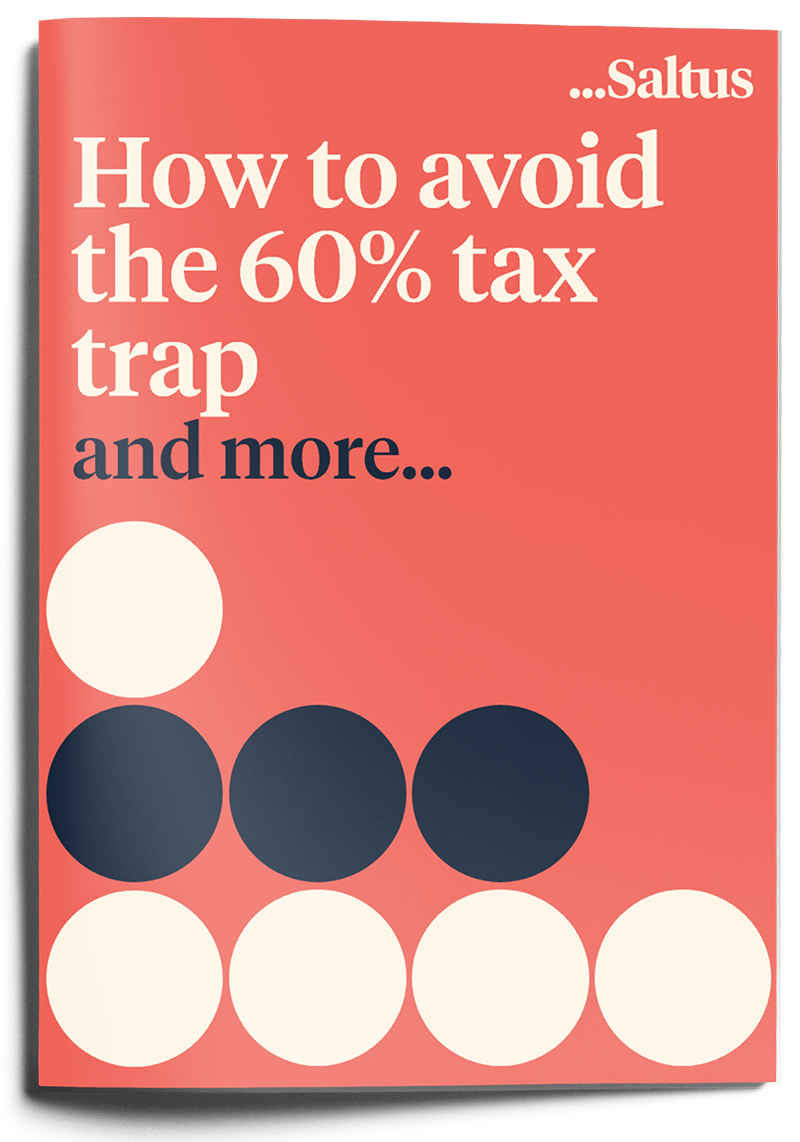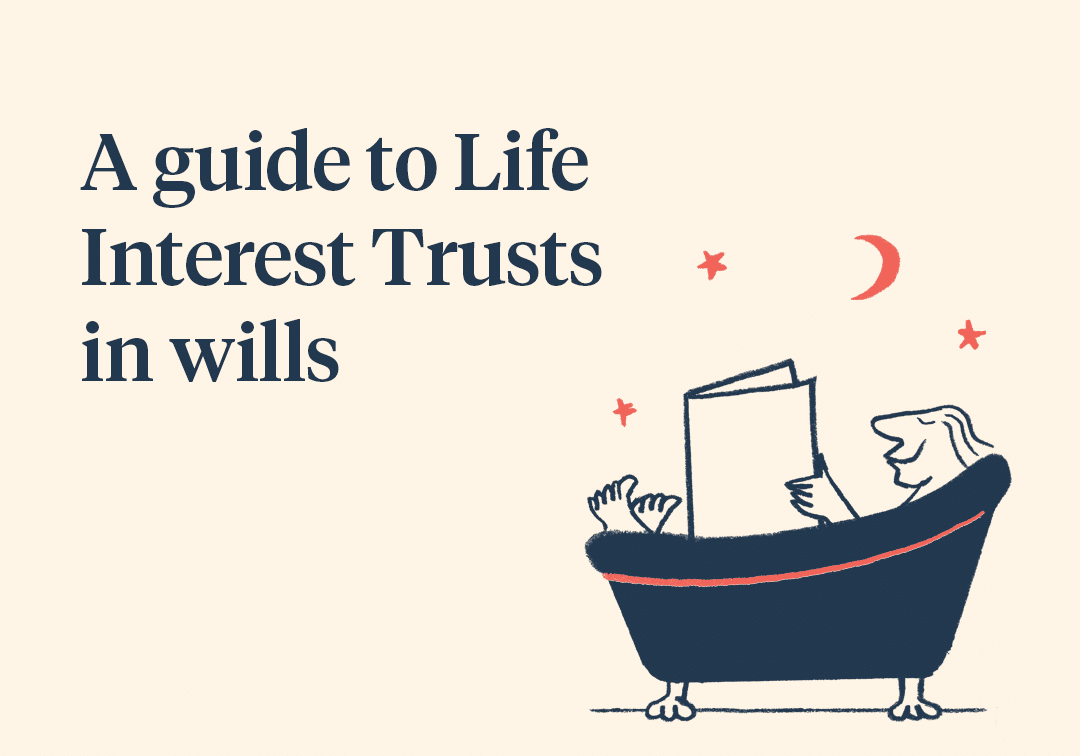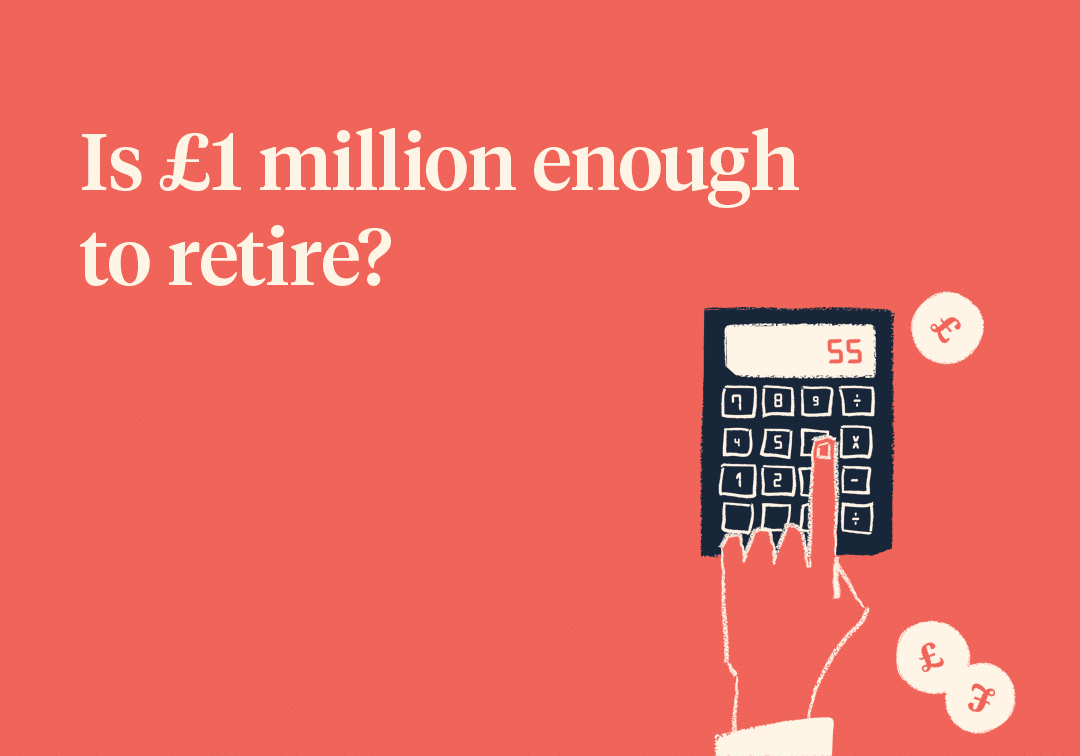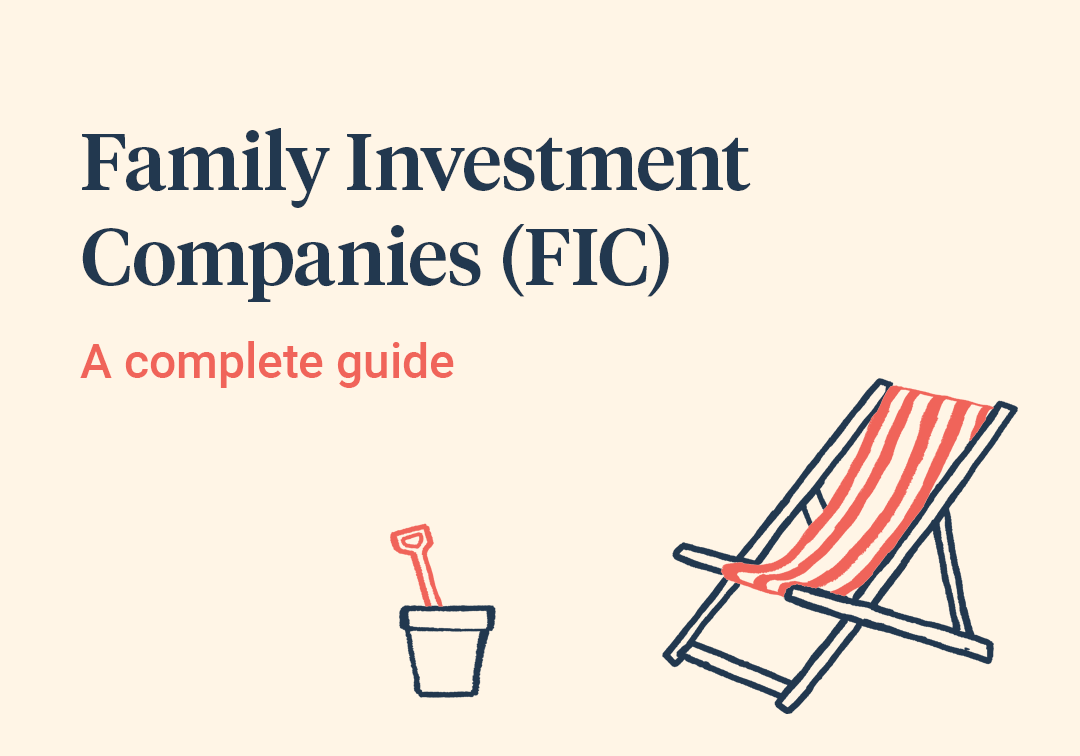Inflation is falling! Finally… So, does this mean that Jeremy Hunt’s Autumn statement had the impact he hoped for? In part, yes. When Hunt made his announcement, his priority was to calm global markets, prevent further damage to Sterling and reassure mortgage providers that inflation could be brought under control. What this meant in practice though was a reality check. Hunt didn’t just unwind ‘Trussonomics’ back to neutral, he also veered in the other direction. He ensured that the general tax burden increased to both address the UK’s rising borrowing costs and put less money into our pockets with the aim of bringing prices under control. This was combined with the usual promise to reduce administrative waste in Westminster and tighten public spending to improve the public finances by £55 billion. It does make you wonder just how many typewriters and fax machines there must be in Westminster for them to be able to magic up all these efficiencies.
The promise of increased taxation, alongside some significant rate hikes from the Bank of England has started to have an impact. In 12 months, rates have gone from a historically low 0.15% to a meaningful 3.5%, inclusive of a 0.75% rise in November – the largest hike in more than 30 years. This has finally seen the rate of UK inflation slow, dipping to 10.7% in November from a high of 11.1% in the previous month. Mortgage rates also dipped this month with the cost of a two-year fixed-rate mortgage falling below 6% for the first time in almost ten weeks. Many lenders have recently signalled that they anticipate five year fixed rates to fall back to around 4% by the Spring. It feels like a very gentle national sigh of relief just occurred. However, it’s worth remembering that prices are still continuing to climb at a rapid pace, it’s simply happening slightly slower than last month. In addition, we shouldn’t forget that before 2008, interest rates of 4-5% were the norm. The Bank of England (BOE) has been desperate to hike rates for some time to claw back some form of monetary control. Current market pricing is suggesting a base rate peak of just above 4.5% next year. Whilst the BOE will have an eye on the health of the economy, inflation remains out of control – they aren’t done yet. It’s also unlikely that rates will come crashing back down to pre-pandemic levels once inflation is under control as the BOE finally have their favourite spanner back in their toolbox.
But what does this mean for you? Well, unfortunately, it means that you may have to pay higher taxes for some time as the change of tact will be viewed by many in Government as having a positive impact. However, the impact certainly hasn’t been swift so it will also be seen as a drawn-out process. The Government is trying to strike a fine balance though, aiming to fill the black hole by taxing the highest earners and by continuing to adopt a stealth tax approach. It hurts and keeps the OBR happy, but it might not seem like an immediate punch in the face for everyone.
How to avoid the 60% tax trap and more…

Did you know that people earning over £100,000 can pay an effective tax rate of 60%?
The originally planned freezing of higher tax bands has been extended for a further two years until April 2028 and it feels like this is here to stay. This means people earning £50,000 are estimated to be around £5,593 poorer five years from now. Fortunately, pensions managed to sidestep any secret stabs in the back as an anticipated extension of the freezing of the pension Lifetime Allowance (LTA) did not come to pass. It’s worth remembering though that it has already been frozen for five years at the rather ridiculous number of £1,073,100. Whilst I appreciate this is due to a previous linking to CPI, they really could have done us all a favour and at least rounded this up to £1,075,000! The freezing will result in a huge number of pensioners being caught by the Lifetime Allowance. Get it wrong and you could be hit with a tax bill of 55%, so do ensure you take advice if you are nearing the limit. Some pundits are suggesting this could be frozen further in the Spring budget but it’s worth remembering that Hunt is also watching brain and heart surgeons and other specialist consultants leave the NHS at an alarming rate as their DB schemes get eaten up by the LTA. This pressure may just keep further negative adjustments in check. There was one welcome band aid chucked in though: the triple lock remains protected. Many thought this was up against the ropes and was deemed by some to be sure-fire break away from the manifesto pledge. It was likely to be politically unpalatable for many in the Conservative party, however, so it held on for dear life. Pensioners will still get their pay rise and it will be in line with inflation.
Since 2009, the nil rate band hasn’t budged so it was already limping behind inflation before we hit the environment we’re currently in. With inflation unlikely to come back down quickly and a confirmed freezing of thresholds until 2028, almost £1 billion of extra tax could be paid by estates. Considerably more people could be affected by inheritance tax over the coming years – if mitigating it’s impact wasn’t needed in your original plan, it may well be time to reassess.
There are a few more immediate right hooks coming down the tracks though. The threshold for the 45% top rate of income tax is being reduced from £150,000 to £125,140. This aligns rather neatly with where the 60% tax trap comes to an end. Those earning over £100,000 lose £1 of their personal allowance for every £2 earned, so once earnings of £125,140 are reached, your full £12,570 tax free personal allowance is lost. This change means the positive impact of pension contributions is even more significant. Higher earners affected by the lowering of the threshold can make pension contributions to reduce their taxable income and lessen the impact. If your scheme facilitates contributions via salary sacrifice then you can also benefit from relief on National Insurance, which will help further.
Do you need help with your retirement planning?
Our specialists can help you prepare for retirement and provide ongoing advice once retirement has arrived. Get in touch to discuss how we can help you.

One area that is likely to significantly impact the way high net worth (HNW) individuals structure their investments is the reduction in the capital gains tax (CGT) allowance. The allowance will fall from £12,300 to £6,000 next year and then fall again to £3,000 in April 2024. After contributing to a pension and an ISA, an obvious next step is a General Investment Account or ‘GIA’. A high quality adviser will then use a client’s CGT allowance on an annual basis to crystallise gains and re-base the position. It can result in another useful pot to access funds from without being hit with too much tax. However, this change significantly impacts the effectiveness of this approach. It may well mean that offshore bonds become a more regular feature of a typical plan where before they were often reserved only for the very wealthiest of clients. Offshore bonds are not subject to capital gains tax, so capital gains can ‘roll up’ over time without any immediate tax charge. Gains will be taxed as income but only once you access the funds. As such, whilst there is no relief on the way in, there is no tax to pay while the funds grow. If you make use of other allowances effectively and have the right exit strategy, it can be a great tool in the armoury. The dividend allowance is also going to be beaten down, being cut in half next year to £1,000 and then reduced again to a meagre £500 in April 2024. This will, of course, impact business owners and really puts the final nail in the coffin for retirees investing for dividend yield instead of taking a total return approach.
Whilst you are probably feeling a little bruised at this point, given the state of affairs, perhaps personal taxation has come off a little better than many expected. However, it’s hard for mortgage rates not to be the piece that everyone comes back to. We survey HNW individuals on a regular basis in the Saltus Wealth Index. The latest report will be released in January, but the initial responses are clearly showing that increasing mortgage rates are having a meaningful impact on cashflow for HNW individuals. A significant number are considering reducing pension contributions to help alleviate this. With many anticipating a sharp downturn in the property market next year, mortgages are starting to shift in the mind of the public – they are a burden rather than a benefit.
It would be wise to be cautious though before throwing everything you have at your mortgage and letting your retirement funds take a hit in the process. The reality is that compounded tax relief on pension contributions for higher rate taxpayers is significant. On the whole, you will most likely be wealthier by directing funds into your pension compared to overpaying your mortgage with income that has been taxed at your marginal rate. Before investing your funds, the tax relief received on a pension contribution will be the equivalent to a 72% return (once the NI increase is reversed) on the net amount for a higher rate tax payer. That’s pretty hard to beat. Although it is worth caveating that this is assuming either no investment growth or a positive return – substantial losses could, of course, reverse this effect. Furthermore, using your primary residence as the primary asset for your retirement plan also rarely stacks up well. Downsizing is often harder than you think when you have come to love the house you live in. In addition, if you are looking for an asset that will chomp through money on furniture, extensions, shiny new kitchens, paintwork, upkeep and repairs, it’s your home. When this is combined with an inflationary environment, rising rates and weakening prices, it may be worth careful consideration before relinquishing all of your cash towards a single asset of this nature. As always with planning though, it’s about balance and also individual circumstances. Of course, practicality also plays a role here and your ability to afford any increased regular mortgage repayments also needs to be considered. If you are unsure as to what step to take next and are concerned about your leverage, sit down with your adviser and re-assess your cashflow plan. Scenario planning can be extremely helpful when you are attempting to choose between different paths.
So, is Hunt’s plan working? Well, the fight has only just started. It’s certainly not going to be a first round knock out either. Get in the financial gym and get ready for 12 rounds, it’s going to be a long slog with more tweaks and surprises to come. Until inflation really comes down, the environment will remain testing. Just remember to keep a cool head and always take advice from the financial coach in the corner if you are concerned about what lies ahead.
Do you need help with your retirement planning?
Our specialists can help you prepare for retirement and provide ongoing advice once retirement has arrived. Get in touch to discuss how we can help you.

Article sources
Editorial policy
All authors have considerable industry expertise and specific knowledge on any given topic. All pieces are reviewed by an additional qualified financial specialist to ensure objectivity and accuracy to the best of our ability. All reviewer’s qualifications are from leading industry bodies. Where possible we use primary sources to support our work. These can include white papers, government sources and data, original reports and interviews or articles from other industry experts. We also reference research from other reputable financial planning and investment management firms where appropriate.
Saltus Financial Planning Ltd is authorised and regulated by the Financial Conduct Authority. Information is correct to the best of our understanding as at the date of publication. Nothing within this content is intended as, or can be relied upon, as financial advice. Capital is at risk. You may get back less than you invested. Tax rules may change and the value of tax reliefs depends on your individual circumstances.
About Saltus?
Find out more about our award-winning wealth management services…
Winner
Best Wealth Manager
Winner
Investment Performance: Cautious Portfolios
Winner
Top 100 Fund Selectors 2024
Winner
Best Places to Work 2024
£8bn+
assets under advice
20
years working with clients
350+
employees
97%
client retention rate



